
Enterprise adoption of blockchain technology has historically been hampered by two interrelated challenges: high transaction costs and slow, unpredictable settlement times. For businesses evaluating decentralized infrastructure for mission-critical processes, these factors have often outweighed the potential benefits of transparency and programmability. Monad, a next-generation EVM-compatible Layer 1 blockchain, is fundamentally shifting this equation with its data-driven approach to scalability and efficiency.

Why Enterprises Are Seeking Low Fee EVM Chains
Legacy blockchains like Ethereum have paved the way for smart contract innovation, but their fee structures and network congestion are ill-suited for high-frequency enterprise use cases. Gas fees can spike unpredictably during periods of network demand, undermining cost projections for decentralized finance (DeFi), supply chain logistics, and real-time payments.
Monad addresses these pain points directly:
- 10,000 transactions per second (TPS), supporting massive scale without bottlenecks
- Near-zero gas fees, enabling microtransactions and cost-efficient business models
- 1-second block times with single-slot finality, eliminating the uncertainty of multi-minute confirmations found on older networks
- EVM compatibility, allowing seamless migration of existing Solidity-based enterprise dApps without code rewrites
This combination makes Monad a compelling choice for organizations that require both predictability and performance in their blockchain operations. For further details on Monad’s technical architecture, see the official overview at monad.xyz/technology.
The Architecture Behind Fast Finality Blockchain Solutions
Fast finality is not just a buzzword – it is a critical requirement for many business applications where every second counts. Monad achieves this through parallel execution of transactions and an optimized consensus mechanism that reduces communication rounds between validators. The result is a system where transactions reach finality within one second, compared to the multi-minute or even hour-long delays possible on legacy chains.
Key Enterprise Use Cases Enabled by Monad
-
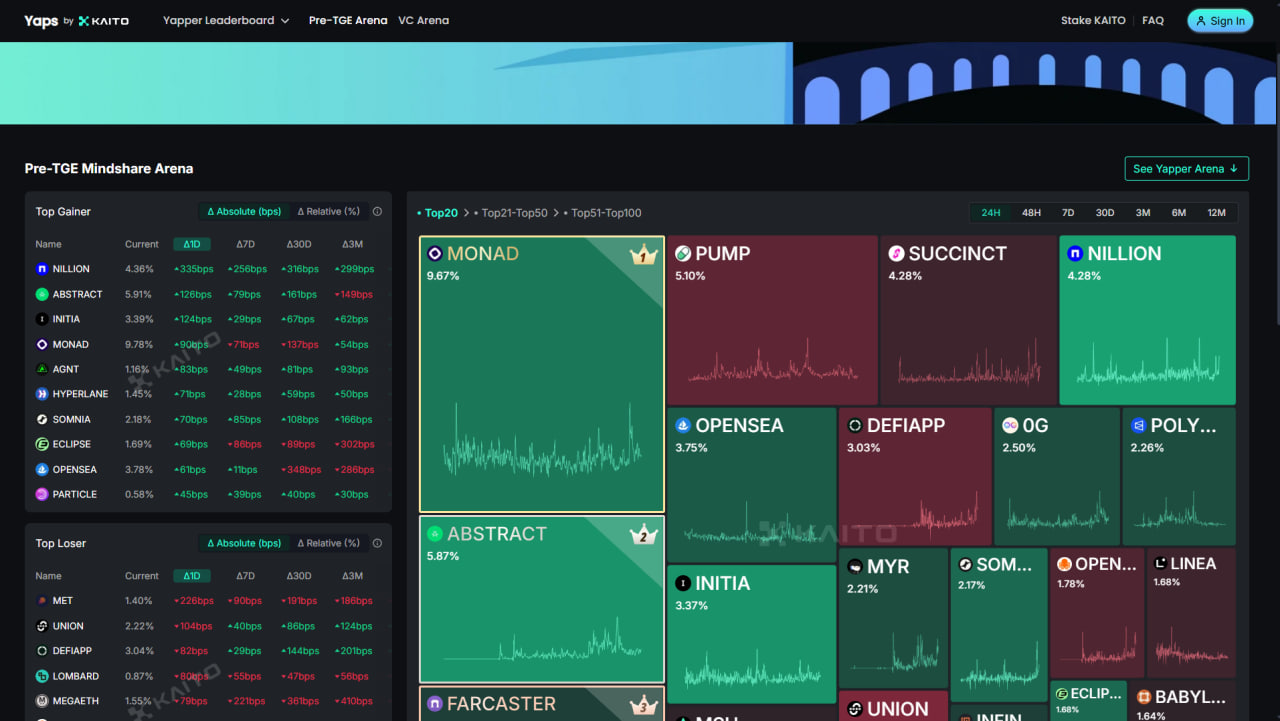
High-Frequency Decentralized Finance (DeFi) Applications: Monad’s 10,000 TPS and near-zero gas fees enable complex financial instruments, such as high-frequency trading, decentralized lending, and real-time settlement, making DeFi scalable for institutional and enterprise adoption.
-
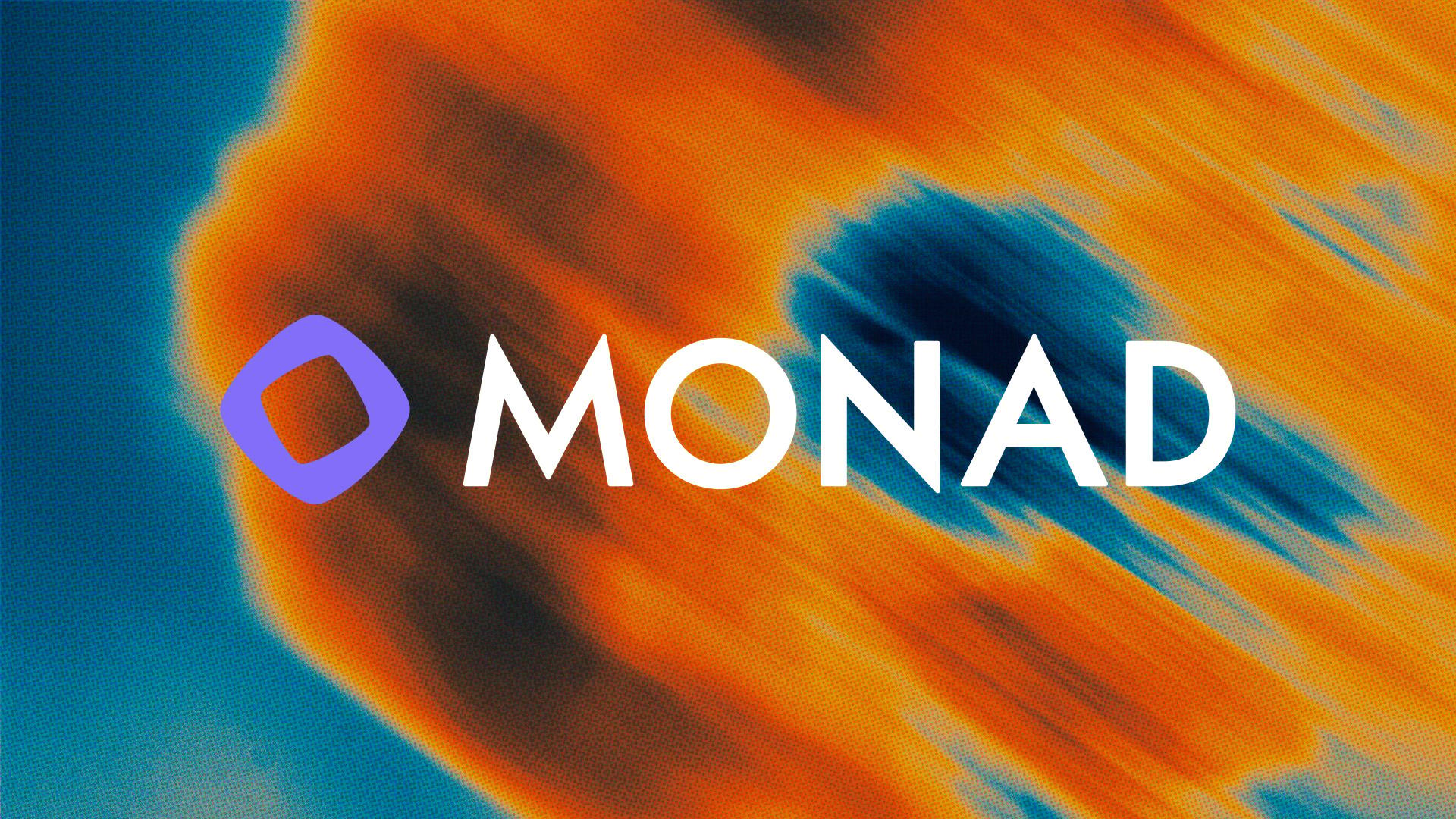
Internet of Things (IoT) and Machine-to-Machine (M2M) Payments: The platform’s low fees and fast finality support seamless microtransactions between IoT devices, enabling autonomous payments for services like energy or data sharing at scale.
-

Cross-Chain Interoperability Solutions: Monad facilitates efficient bridging between blockchains, allowing enterprises to transfer assets and data securely and rapidly across different networks while leveraging its fast finality.
-

Decentralized Content Delivery Networks (dCDN): Enterprises can use Monad’s high throughput to power dCDNs, enabling real-time micropayments for content consumption and supporting scalable pay-per-view or pay-per-byte models.
-
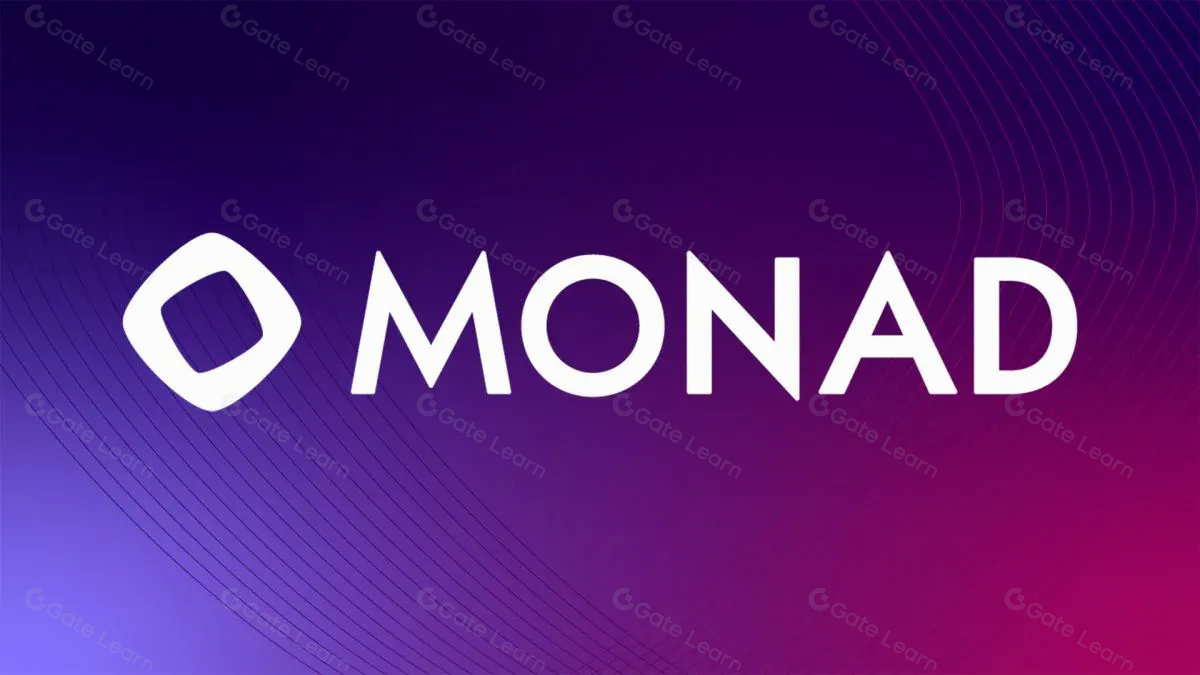
Large-Scale GameFi and Metaverse Projects: Monad’s scalability and low transaction costs make it ideal for blockchain-based games and metaverse platforms, supporting frequent state changes and large concurrent user bases.
This architectural leap has immediate implications:
- Financial services can offer instant settlement for trades or payments.
- IoT networks can process thousands of machine-to-machine micropayments per second without prohibitive overhead.
- Gaming companies can support real-time asset transfers at scale.
- dCDN providers can monetize content delivery with frictionless micropayments.
The ability to process large transaction volumes at negligible cost opens new possibilities for business models previously considered unviable in Web3 environments.
EVM Compatibility Without Compromise: The Business Advantage
Migrating enterprise dApps from Ethereum to new chains typically involves costly code rewrites or sacrifices in functionality. Monad eliminates this friction by maintaining full EVM compatibility – meaning Solidity smart contracts can be deployed with zero modification. This enables organizations to leverage existing developer talent, codebases, and audit trails while unlocking superior performance metrics.
The platform’s innovative storage solution, MonadDB, further reduces operational complexity by allowing nodes to run efficiently on consumer-grade hardware. This not only lowers infrastructure costs but also supports greater decentralization – an important consideration for risk-sensitive enterprises aiming to avoid single points of failure or regulatory bottlenecks.
These technical and operational efficiencies are not theoretical, they are already catalyzing real-world enterprise adoption. From DeFi protocols executing high-frequency trades to IoT networks enabling autonomous device payments, Monad’s architecture delivers on the promise of blockchain for business at scale. Enterprises benefit from a network that is both robust and flexible, with the economic predictability needed for long-term planning.
Unlocking New Business Models With Monad
Monad’s near-zero gas fees and single-block finality empower organizations to explore innovative business models that were previously cost-prohibitive or technically unfeasible on legacy chains. For instance, decentralized content delivery networks (dCDNs) can now implement real-time micropayments for streaming or file sharing, supporting granular pay-per-use pricing structures. In the gaming sector, GameFi projects can facilitate seamless in-game asset transfers and reward mechanisms without incurring prohibitive transaction costs.
The ability to process 10,000 TPS with predictable settlement times also makes Monad an ideal platform for cross-chain interoperability solutions. Enterprises can design bridges and data transfer mechanisms that operate efficiently across multiple ecosystems, extending their reach while maintaining security and compliance standards.
Enterprise Case Studies: Monad in Action
-
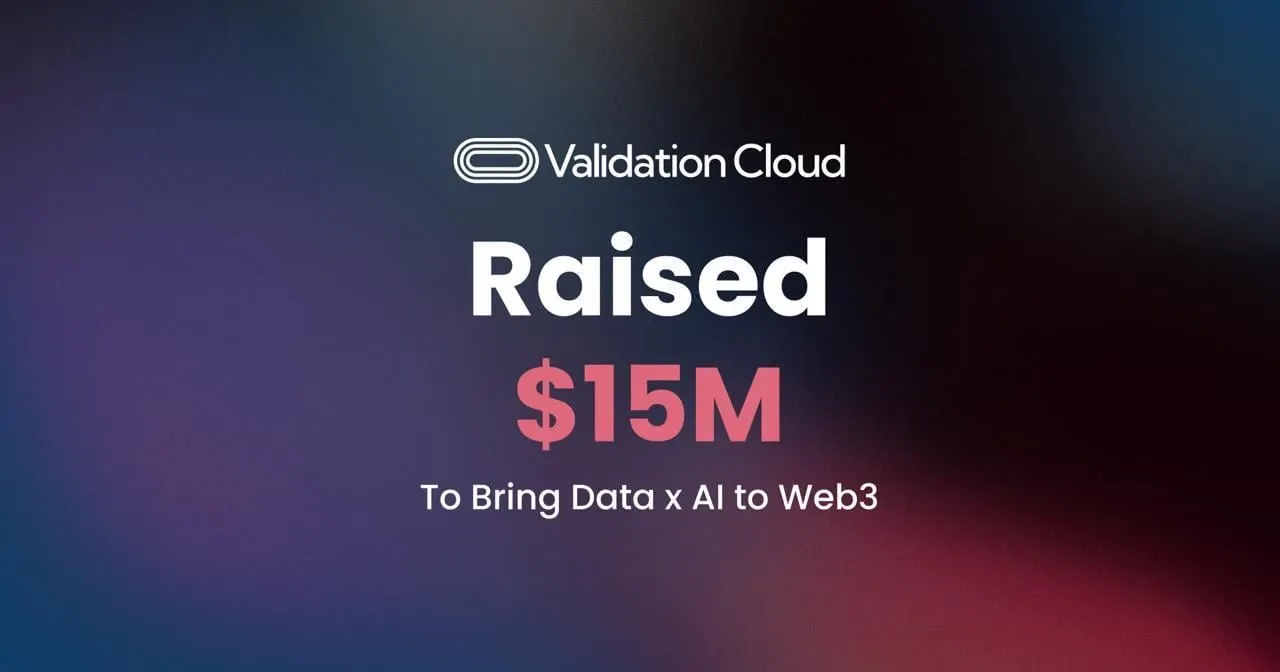
Validation Cloud: High-Frequency DeFi Operations — Validation Cloud leverages Monad’s 10,000 TPS and 1-second finality to enable high-frequency trading and complex DeFi operations. The platform’s near-zero gas fees allow for rapid, cost-effective execution of intricate transaction sequences, optimizing capital efficiency and user experience.
-
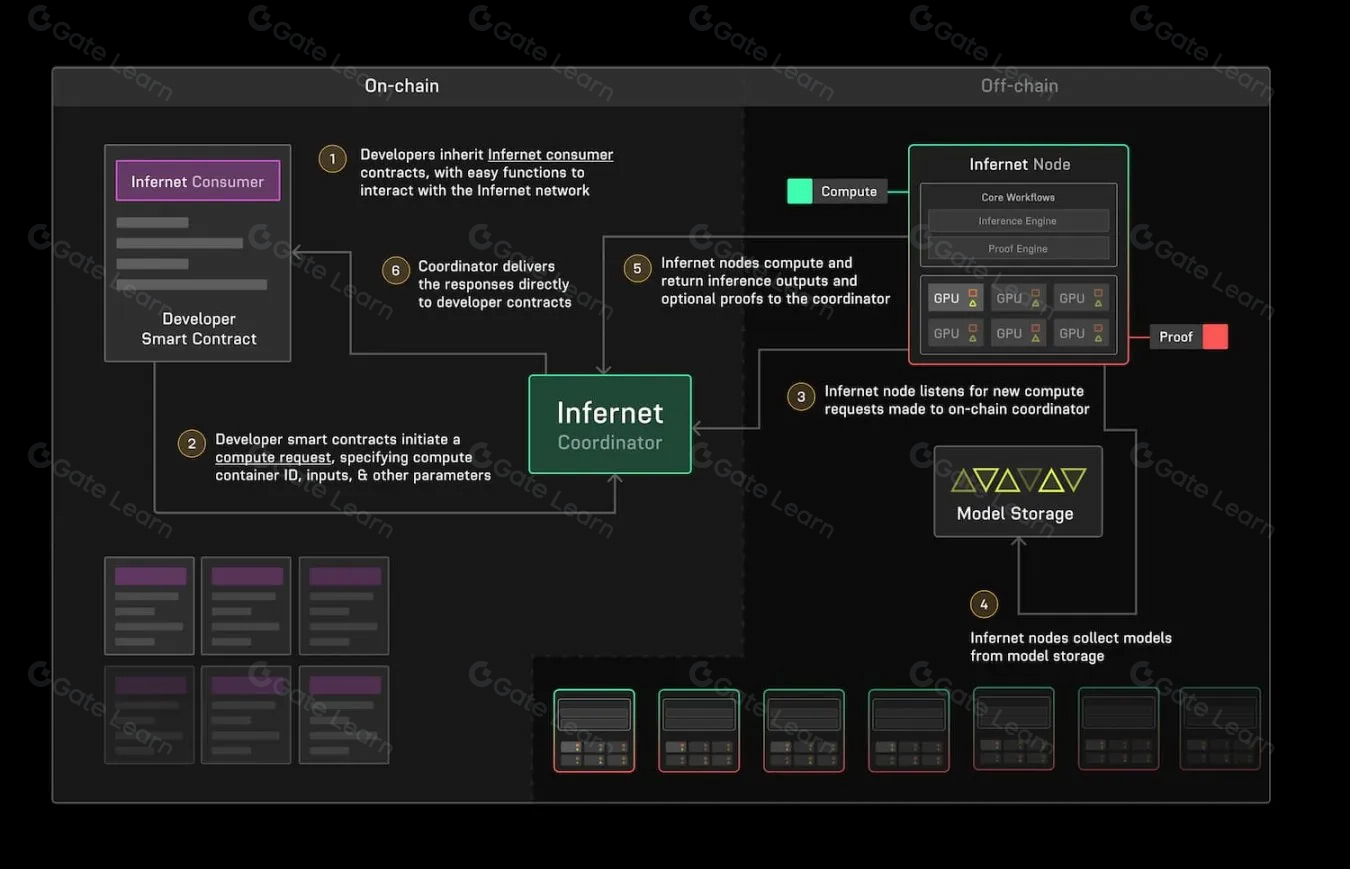
IoTeX: Scalable IoT and M2M Payments — By integrating with Monad, IoTeX enables autonomous microtransactions between IoT devices. Monad’s fast finality and low fees allow smart devices to securely pay for services like data sharing or energy transfer, supporting real-time, scalable M2M payment ecosystems.
-

Livepeer: Decentralized Content Delivery Monetization — Livepeer utilizes Monad’s high throughput and low transaction costs to power decentralized content delivery networks (dCDNs). This enables real-time micropayments for content streaming, supporting pay-per-view and pay-per-byte monetization models at scale.
-
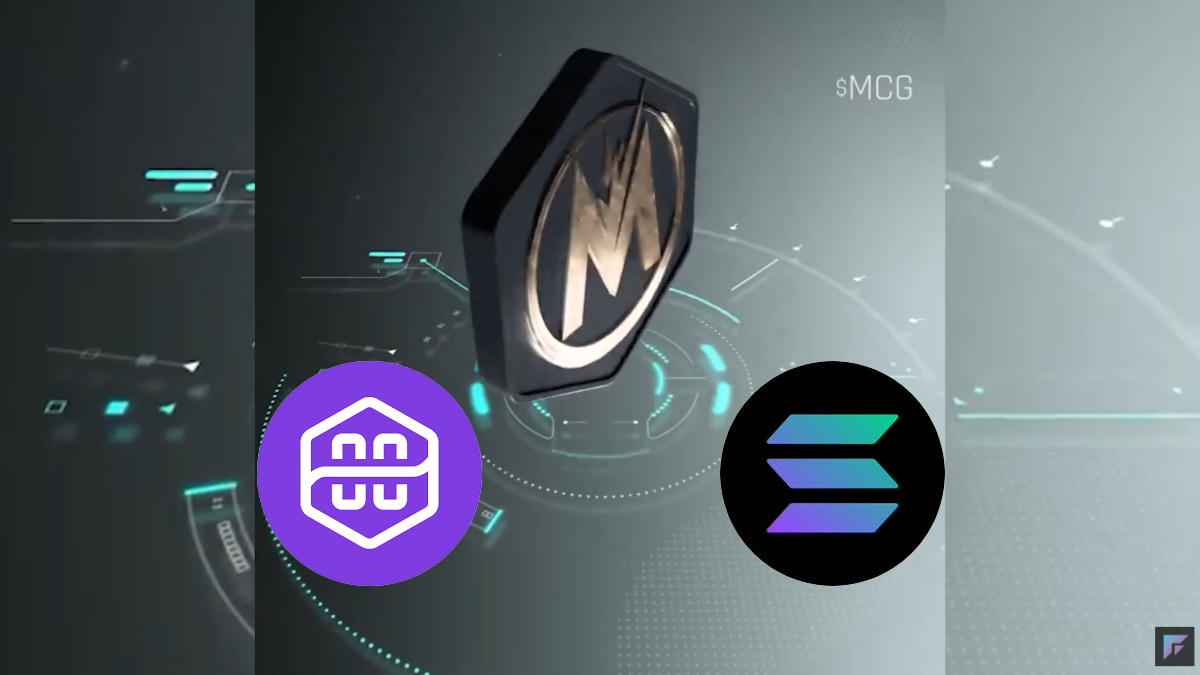
Immutable: GameFi Scalability and User Experience — Immutable employs Monad’s high transaction capacity and near-zero fees to support large-scale blockchain games. This infrastructure allows for frequent state changes, seamless in-game asset transfers, and a smooth user experience for thousands of concurrent players.
-
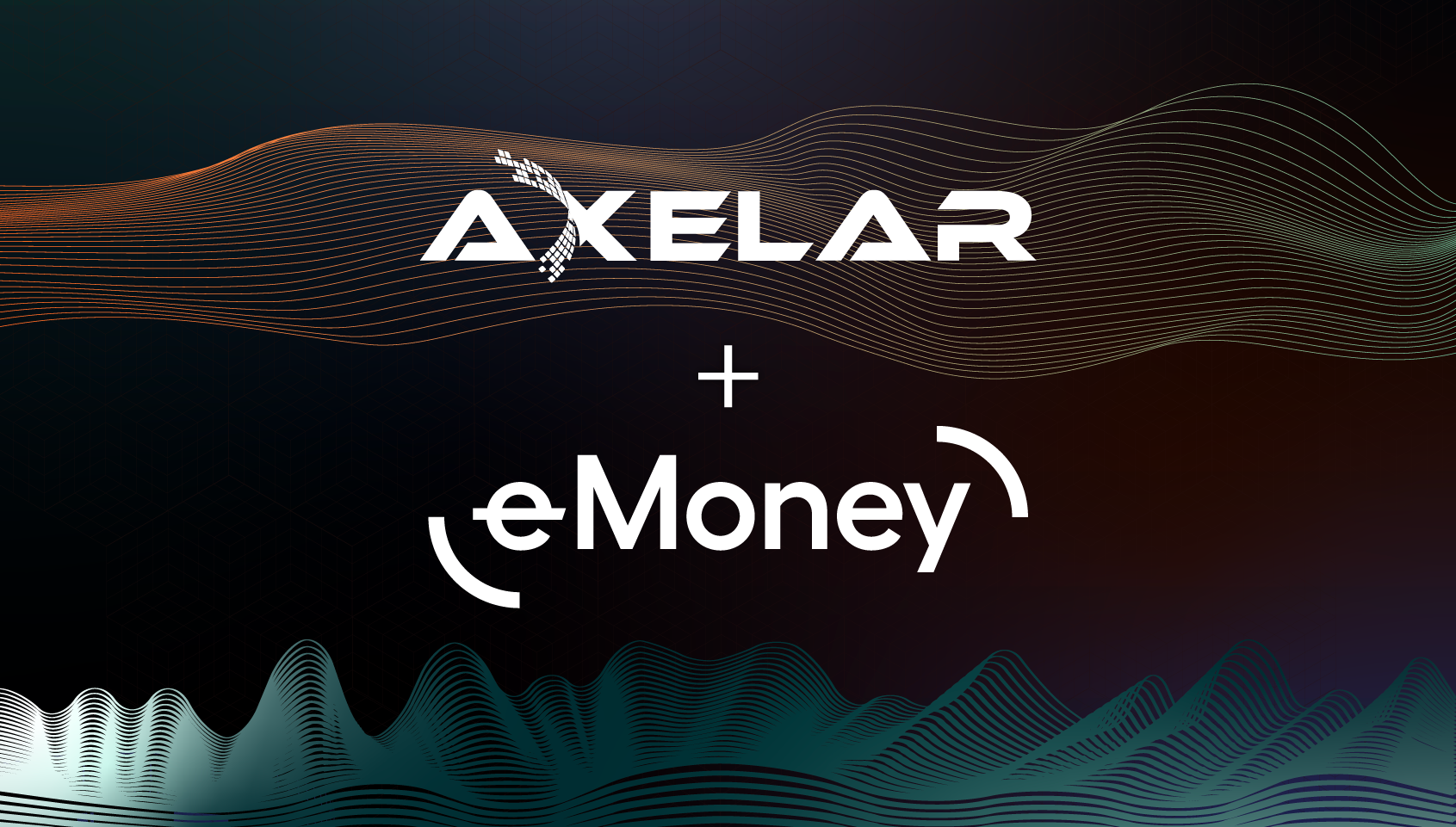
Axelar: Efficient Cross-Chain Interoperability — Axelar integrates Monad to facilitate secure, high-speed bridging between blockchains. Monad’s fast finality ensures rapid asset and data transfers across ecosystems, enhancing the efficiency and reliability of cross-chain operations.
Enterprise-Ready: Security, Compliance, and Cost Control
No enterprise blockchain solution is complete without robust security guarantees and operational transparency. Monad’s consensus protocol is designed to withstand adversarial conditions while minimizing communication overhead between nodes, an essential feature for mission-critical applications in finance or supply chain management. The platform’s compatibility with existing Ethereum tooling also streamlines compliance monitoring and audit processes, further reducing integration friction.
Cost control remains a central concern for businesses. Monad addresses this by keeping gas fees consistently low regardless of network demand, a marked contrast to fee volatility on other EVM chains. This predictability simplifies budgeting for large-scale deployments and enables enterprises to confidently forecast the total cost of ownership over time.
Future-Proofing Enterprise Blockchain Investments
The competitive landscape for enterprise blockchain continues to evolve rapidly as organizations seek infrastructure that can adapt to growing transaction volumes without sacrificing performance or cost efficiency. Monad’s commitment to EVM compatibility ensures future-proofing: as Ethereum standards progress, enterprises retain access to the latest innovations in smart contract development without being locked into a single ecosystem.
For developers and decision-makers evaluating next-generation blockchain solutions, Monad offers a compelling mix of speed, scalability, security, and cost-effectiveness, all delivered within a familiar EVM environment. To explore technical documentation or review performance benchmarks in detail, visit monad.xyz/technology.






